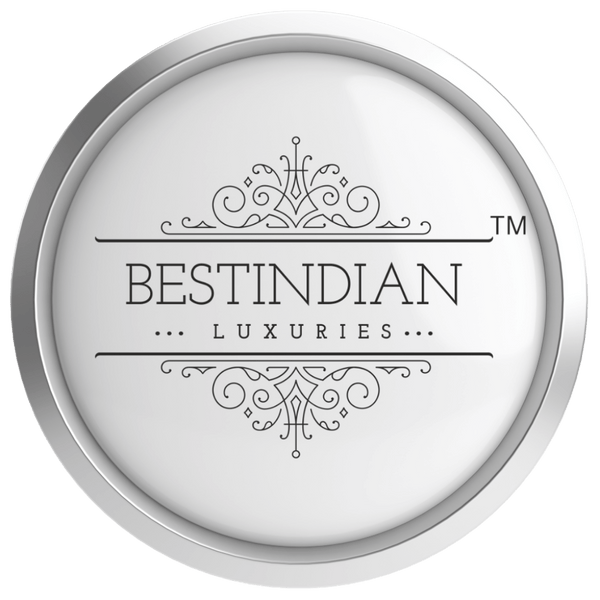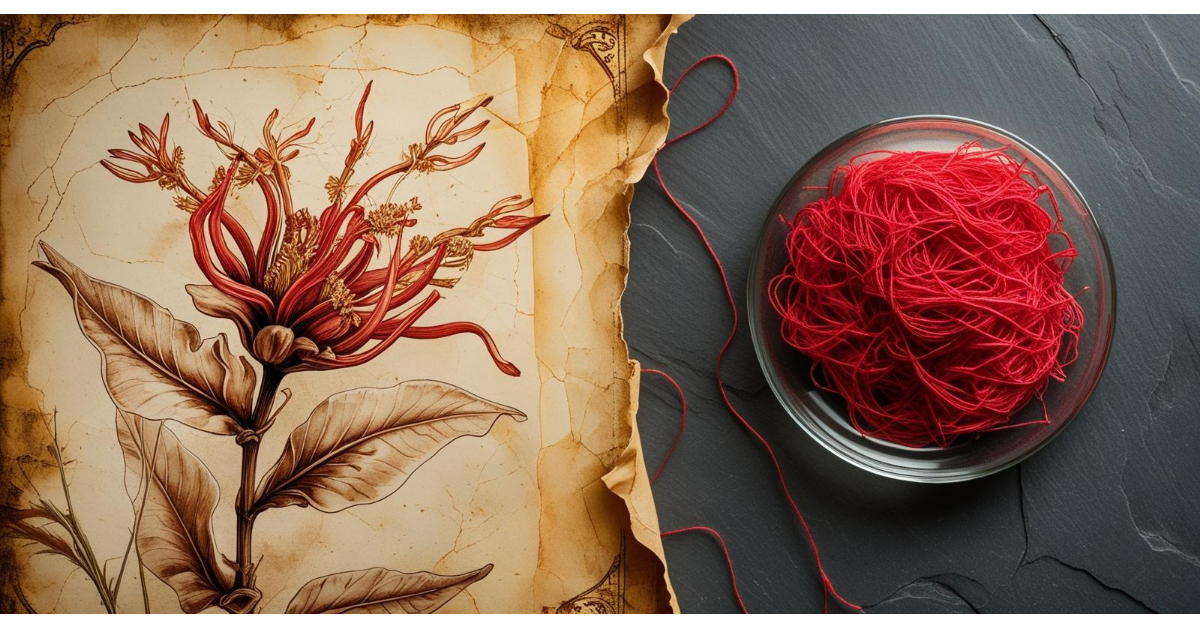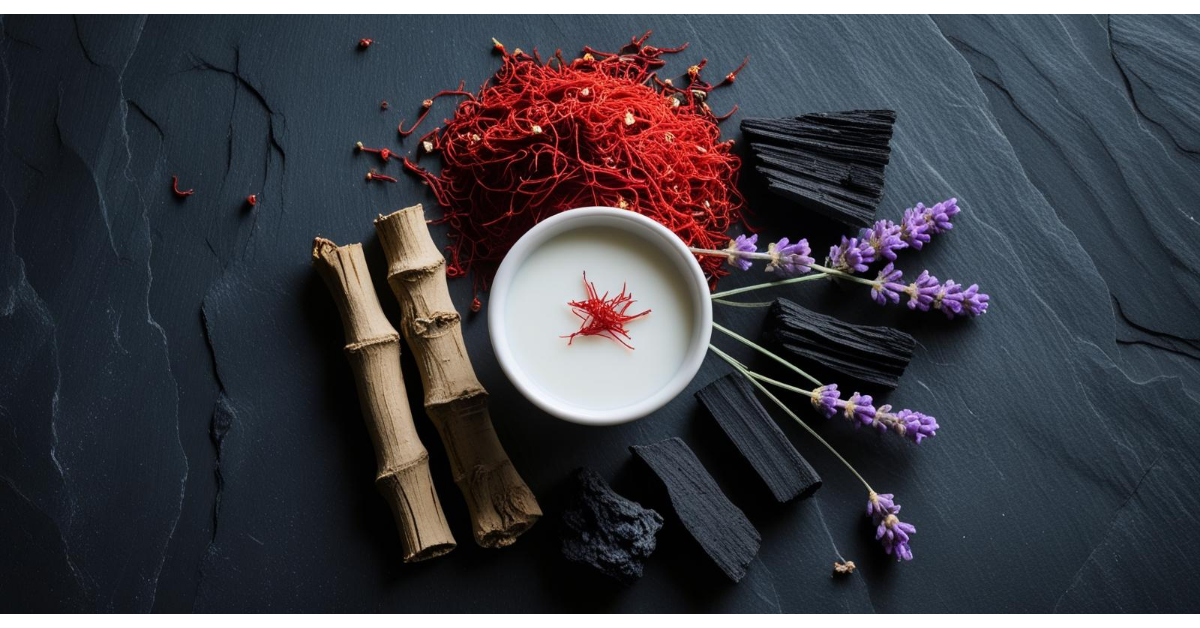
Why Sulfate-Free Shampoo is the Gold Standard for Gentle Cleansing & Healthy Indian Hair: Your Ultimate Guide
BestIndian LuxuriesShare
The quest for healthier, more radiant hair has led to a significant shift in consumer awareness across India, with a growing understanding that what we avoid in our hair care can be just as important as the beneficial ingredients we seek. Among the ingredients now under scrutiny are sulfates, traditionally staple components in many shampoos. While effective cleansers, their potential for harshness has paved the way for a gentler revolution: the rise of sulfate-free shampoos.
This guide will provide a clear, in-depth understanding of sulfate-free formulations – what they are, the science behind their benefits for both hair and scalp (particularly in the Indian context), how to choose one, and how this approach contributes to genuinely healthy hair. We'll explore why these gentler alternatives are increasingly considered the gold standard, especially when aiming for long-term hair vitality, a core principle you can explore further in our Ultimate Guide to the Best Indian Shampoo.

Understanding Sulfates: What Are They & Why Are They in Most Shampoos?
Sulfates are a class of chemical compounds known as surfactants (surface active agents) that have been widely used in shampoos and other cleansing products for decades. The most common types found in hair care are Sodium Lauryl Sulfate (SLS) and Sodium Laureth Sulfate (SLES). Their primary function is to act as powerful detergents; they effectively reduce the surface tension between oil and water, allowing them to bind with sebum (the natural oil produced by your scalp), dirt, and product buildup, which can then be rinsed away with water.

Historically, sulfates became popular in shampoo formulations due to their exceptional ability to create a rich, profuse lather – a characteristic many consumers came to associate with thorough cleansing and effectiveness. They are also relatively inexpensive ingredients, making them an attractive choice for mass-market shampoo production. While they undoubtedly clean the hair, the very strength that makes them effective detergents is also the reason their impact on hair and scalp health has come under closer examination.
The "Sulfate-Free Standard": Potential Downsides of Sulfates for Your Hair & Scalp
While sulfates excel at removing oil and grime, their potent cleansing action can inadvertently lead to several undesirable effects, making the "sulfate-free standard" an increasingly important consideration for conscious consumers:

-
Stripping of Natural Oils (Sebum): The primary concern with strong sulfates like SLS and SLES is their capacity to strip away not just excess sebum and dirt, but also the natural, protective lipid layer of the scalp and hair. This can disrupt the scalp's moisture balance, leaving both hair and scalp feeling excessively dry and dehydrated.
-
Scalp Irritation & Sensitivity: For individuals with sensitive skin, or conditions such as eczema or contact dermatitis, sulfates can be significant irritants. This irritation can manifest as redness, itchiness, and a feeling of tightness on the scalp. The harshness of these detergents can compromise the scalp's natural barrier function, an important aspect of achieving overall scalp harmony, and may lead to scalp irritation, itchiness, and an imbalance in the scalp's delicate microbiome, issues we explore further in our guide to achieving scalp harmony and pH balance.
- Hair Damage & Brittleness: When natural oils are excessively removed, the hair shaft can become dry, porous, and brittle. This makes the hair more susceptible to damage, including split ends and breakage. Over time, this can lead to a decline in hair texture and overall vitality.

-
Color Fading in Treated Hair: For those who color their hair, sulfates can be particularly detrimental. Their strong detergent action can lift the hair cuticle more aggressively, leading to faster leaching of artificial color molecules. This results in premature color fading and a loss of vibrancy, requiring more frequent color treatments.
-
Impact on Curly & Textured Hair: Curly and wavy hair textures, common in India, are naturally more prone to dryness because sebum from the scalp travels less easily down the coiled hair shaft. Sulfates can exacerbate this dryness, leading to increased frizz, reduced curl definition, and a rougher texture.
- Potential Scalp Microbiome Disruption: The scalp hosts a delicate microbiome of beneficial microorganisms that contribute to its health. Harsh stripping by sulfates can potentially alter this microbiome, possibly leading to an imbalance that could favor the overgrowth of less desirable microbes or impair the scalp's natural defenses.
Understanding these potential downsides highlights why the best Indian shampoos are increasingly moving towards gentler, sulfate-free formulations to preserve the natural integrity and health of both hair and scalp.
The Unveiled Benefits: Why Choose a Sulfate-Free Shampoo?
Opting for a sulfate-free shampoo offers a cascade of benefits that contribute to healthier, more resilient, and vibrant hair, particularly suiting the diverse needs of Indian hair types and climatic conditions:

- Gentle Yet Effective Cleansing: Sulfate-free shampoos utilize milder alternative surfactants (like those derived from coconut or fruit sugars) or natural saponins (like Reetha) that effectively cleanse the hair and scalp of impurities and excess oil without the aggressive stripping action of traditional sulfates. This means your hair’s natural moisture barrier remains more intact.
-
Enhanced Moisture Retention & Hydration: By preserving the natural oils, sulfate-free formulas help both the scalp and hair retain essential moisture. This leads to improved hydration, reduced dryness, and hair that feels softer and more supple.
- Reduced Irritation & Enhanced Scalp Health: For individuals with sensitive scalps, or those prone to conditions like eczema or psoriasis, sulfate-free shampoos can significantly reduce the risk of irritation, redness, and itchiness, thus contributing to overall better scalp health and dandruff management. A calmer, healthier scalp is the foundation for healthy hair growth.
- Improved Hair Texture & Reduced Frizz: Well-hydrated hair with an intact cuticle layer is naturally smoother and less prone to frizz. Sulfate-free shampoos contribute to this by preventing the over-drying and cuticular damage that can lead to a rough, frizzy appearance. This is particularly beneficial for naturally curly or wavy hair which are greatly helped by 2-in-1 conditioning and frizz control.
- Vibrant Color Preservation for Treated Hair: Because they are gentler on the hair cuticle, sulfate-free shampoos are an excellent choice for color-treated hair. They help to minimize the stripping of color molecules, thereby extending the life and vibrancy of your hair color.
- Support for Scalp Microbiome Balance: Gentler cleansing helps maintain a healthier balance of the scalp's natural microbiome, which is crucial for overall scalp health and defense against common issues.
- Environmental Considerations: Some sulfate-free surfactant alternatives can be derived from more sustainable sources and may be more readily biodegradable, contributing to a more eco-conscious hair care routine.

Choosing a sulfate-free shampoo is an investment in the long-term health and beauty of your hair, aligning with a gentler, more nurturing approach to personal care.
Navigating the Aisles: How to Identify a Truly Sulfate-Free Shampoo
With "sulfate-free" becoming a popular claim, it's important to know how to identify genuinely sulfate-free formulations. The key lies in understanding ingredient lists (INCI names):

-
Common Gentle Surfactants Used: Truly sulfate-free shampoos will employ alternative cleansing agents. Many high-quality, natural-leaning formulations utilize milder surfactants derived from plant sources, such as:
-
Sodium Cocoyl Isethionate: A gentle surfactant derived from coconut oil, known for its mildness and creamy lather.
-
Coco Glucoside: A very mild surfactant derived from coconut oil and fruit sugars, known for its gentleness and good compatibility with the skin.
Decyl Glucoside, Lauryl Glucoside: Other sugar-derived surfactants known for their mildness.
-
Cocamidopropyl Betaine: While sometimes found in sulfate-free formulas as a secondary surfactant to boost foam and mildness, it's different from the primary sulfates listed above. However, some individuals can still be sensitive to it. BestIndian™ uses Coco Betaine, which is also coconut-derived and gentle.
- Natural Saponins: Ingredients like Reetha (Sapindus mukorossi) naturally contain saponins, which are soap-like compounds that cleanse gently.
-
Sodium Cocoyl Isethionate: A gentle surfactant derived from coconut oil, known for its mildness and creamy lather.

- Sulfates to Avoid: Look out for terms like Sodium Lauryl Sulfate (SLS), Sodium Laureth Sulfate (SLES), Ammonium Lauryl Sulfate (ALS), and Ammonium Laureth Sulfate (ALES) high up on the ingredient list.
-
Reading the Full List: Don't just rely on the front-of-pack claim. Scan the full ingredient list. The absence of the common sulfates mentioned above is a good indicator. This dedication to understanding ingredient transparency empowers you as a consumer.
- Looking for Certifications: Certifications like COSMOS Organic (which BestIndian™ Shampoo has) often have stringent requirements regarding the types of surfactants allowed, further assuring the absence of harsh sulfates. Understanding these broader standards of natural and organic purity in cosmetics can be very beneficial.
Being an informed consumer and understanding how to read labels will empower you to choose a shampoo that truly aligns with your preference for gentle, sulfate-free care.
The Sulfate-Free Experience: Managing Expectations (Lather & Results)
One of the most noticeable differences when switching to a sulfate-free shampoo, particularly one rich in natural cleansers, can be the lathering experience. Traditional shampoos with SLS/SLES often produce an abundant, billowy foam, which many have been conditioned to associate with effective cleansing.

-
The Lather Myth: It's important to understand that a large amount of foam does not necessarily equate to superior cleaning power. The profuse lather from sulfates is largely a sensory effect.
-
Sulfate-Free Lather: Sulfate-free shampoos, especially those using very mild surfactants or natural saponins like Reetha, typically produce a lower, often creamier and denser lather. This does not mean they are less effective at cleansing. They work by gently lifting away dirt, oil, and impurities without the aggressive stripping action.
-
Getting Used to It: There might be a brief adjustment period as you get used to this different sensory experience. You might find you need to ensure your hair is thoroughly wet before applying and perhaps use a little more product than you're used to, distributing it well across the scalp.
- Focus on Results: Judge the shampoo by its results – how clean your scalp feels, how soft and manageable your hair is, and the improvement in your hair and scalp health over time – rather than solely by the volume of foam produced during washing.
The best sulfate-free Indian shampoos focus on delivering a gentle yet thorough cleanse that respects the natural balance of your hair and scalp, leading to tangible long-term benefits.
BestIndian™ Ultimate Shampoo: Embodying the Sulfate-Free Gold Standard
The BestIndian™ Ultimate Anti-Hair Fall Conditioning Shampoo is meticulously crafted to embody this gold standard of gentle, effective, and health-conscious hair care. Its formulation is a testament to the principle that purity and performance can, and should, go hand-in-hand.

-
Explicitly Sulfate-Free (and More): At its core, BestIndian™ Shampoo is proudly sulfate-free, paraben-free, and free from other harsh synthetic chemicals. This commitment ensures a cleansing experience that is kind to your hair and scalp.
-
Nature-Derived Gentle Cleansing Agents: Instead of harsh sulfates, it utilizes a sophisticated blend of gentle yet effective cleansers derived from natural sources:
-
Sodium Cocoyl Isethionate: A mild, coconut-derived surfactant known for its creamy lather and gentleness on the skin and hair.
-
Coco Glucoside: Another exceptionally mild cleanser derived from coconut and fruit sugars, suitable for even sensitive skin.
-
Coco Betaine: A gentle amphoteric surfactant derived from coconut oil, used to enhance mildness and foaming properties.
- Reetha (Sapindus mukorossi) Extract: Harnessing the power of Ayurveda, the shampoo incorporates natural saponins from Reetha, which have been used for centuries in India for their effective and gentle hair cleansing properties, while also nourishing the hair.
-
Nature-Derived Gentle Cleansing Agents: Instead of harsh sulfates, it utilizes a sophisticated blend of gentle yet effective cleansers derived from natural sources:

-
Respect for Scalp's Natural Balance: This carefully selected blend of cleansers ensures a "deep yet gentle cleanse" that effectively removes impurities and buildup "without stripping natural oils" or disrupting the scalp's crucial pH balance.
-
COSMOS Organic Certified: The shampoo's COSMOS Organic certification further underscores its commitment to purity and the use of high-quality, responsibly sourced natural and organic ingredients, adhering to stringent international standards that inherently restrict harsh sulfates. Learn more about our commitment to pure formulation and organic excellence.

- Benefits of Gentle Cleansing: Because it is sulfate-free and gentle, BestIndian™ Shampoo "won't harm hair even with frequent washing," making it ideal for daily use. This gentle approach is fundamental to its ability to support overall scalp health, which in turn aids its anti-hair fall and conditioning benefits by creating a healthier foundation for hair to thrive. It is also "Color Safe & All Hair Types," including sensitive scalps, precisely because it avoids the harshness of sulfates.
By choosing BestIndian™ Ultimate Anti-Hair Fall Conditioning Shampoo, you are opting for a formulation that truly champions the sulfate-free standard, delivering not just a cleanse, but a nurturing experience for your hair and scalp.
Conclusion: Embracing the Gentle Power of Sulfate-Free Hair Care
The shift towards sulfate-free shampoos in India is more than a fleeting trend; it's a conscious evolution towards a healthier, more sustainable, and respectful approach to hair care. By understanding the potential downsides of harsh sulfates and recognizing the multitude of benefits offered by gentler alternatives, you can make empowered choices that contribute significantly to the long-term vitality and beauty of your hair.

Prioritizing formulations that cleanse effectively without stripping, that soothe and protect the scalp, and that are rich in beneficial natural ingredients is key. Look for transparency in labeling and an ingredient list that reflects a commitment to purity. The best Indian shampoos, embodying these principles, offer a pathway to hair that is not only visibly clean but also intrinsically healthy, resilient, and radiant.
We encourage you to explore the world of sulfate-free hair care and experience the difference it can make. For a formulation that masterfully combines the sulfate-free standard with potent Ayurvedic herbs known for their traditional benefits and organic excellence, consider the benefits of BestIndian™ Ultimate Anti-Hair Fall Conditioning Shampoo for your journey towards ultimate hair health. Discover the BestIndian™ Ultimate Shampoo.







